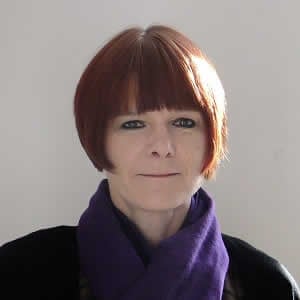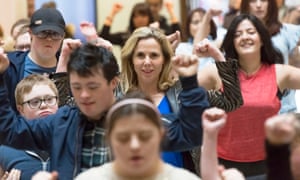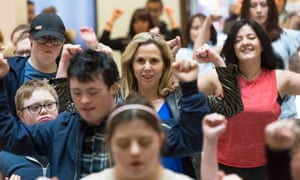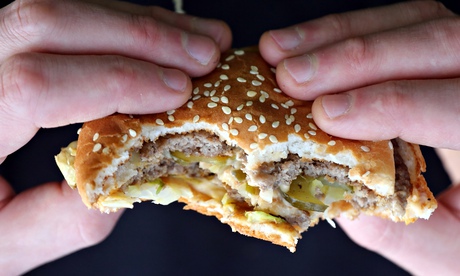Look. If you are of a delicate disposition, best not take up swimming. Don’t venture down to your local pool, strip off your clothes, wade through a slightly wet and dirty changing room and immerse yourself into what is, effectively, a communal bath full of the hoi polloi and all their bodily fluids. Just don’t do it.
If you are of a delicate disposition, you won’t end up feeling relaxed, with a sense of wellbeing and a healthy glow. You’ll be too concerned about verrucas, or cross and suffering from “lane rage”. You’ll complain about everything from people peeing in the water – which scientists have found is a frequent occurrence – to the quantity of the pool chemicals needed to counteract the peeing, to the water being too cold (or too hot).
You’ll be unhappy about the plasters and miscellaneous hairs that have sunk to the bottom of the pool. You’ll be irritated by the kids screaming and about swimmers splashing arrogantly; or women slowly breaststroking in twos and chatting while still in full makeup. You’ll feel as if your swim has been ruined.
I’ve swum in many pools – probably more than 100 – and I can tell you that every one has its fair share of annoyances. And they all, undoubtedly, have users who pee in the water. Every pool in the UK (where, for some reason, we don’t require swimmers to wear bathing caps) has great billowing clouds of hair floating around waiting to get caught repulsively between your fingers.
Many pools aren’t as clean as we’d like, but public pools are often underfunded. The staff who work at these places are often poorly paid and on casual shifts. The lifeguards who keep order, and whom we trust to save our lives, if necessary, are often required to do most of the cleaning, and to regulate the chemicals and temperatures of the water. Cut them some slack.
In most pools, just as there are cleanliness issues, there are people issues too. Every leisure centre has a weirdo who spends too much time in the shower. Every swim features a strange encounter with a near-naked stranger.
If you are of a delicate disposition you won’t end up feeling relaxed. You’ll be too concerned about verrucas
Last weekend, as I was doing lengths at my local pool, I noticed a woman standing at the end of the pool, at the deep end. She stood for about five minutes on the pool deck, with her arms folded, staring at the swimmers already in the water. It was disconcerting. Every time I swam up to the deep end, I wondered if she would jump on top of me as I reached the wall to turn.
Instead, after a while, she got into the lane next to me and swam breaststroke – badly – clad in swimwear that left little to the imagination, splendidly displaying much of her bottom as she glided along.
The weekend before, there was a strange man practising “free diving”. This moustachioed fellow would periodically swoop down to the bottom of the pool where he would stay for minutes at a time, staring in a trance at the tiles, barely moving. If you didn’t know what he was doing, you’d think he had drowned. It slightly unnerved me as I swam over the top of him, metres above.
And every week, no matter where I swim, there is always some beefy guy in beach shorts who gets in the same lane as me. This bloke will assume that he can swim faster than me because he’s a bloke and I am a middle-aged woman. So he will wait until I am about to turn at the end of the lane and push off in front of me and then hold me up by swimming more slowly than me. I take great pleasure in overtaking while simultaneously, very deliberately, eyeballing him.
But I don’t get exercised. I don’t complain to the lifeguards. It’s not my pool, I think. It’s there for us all to share. Live and let live. Your swim is just as valid as my swim. I embrace your chattering, your free-diving, your breaststroke screw-kick and your bikinis. I embrace the floating plasters and the overwhelming smell of chlorine. And if your kid (or you) have peed in the water, I don’t really care about that either.
But if the thought of urine, sweat and snot (and worse) appals you, and if you don’t want to swim too close to someone who is almost naked and cooperate with them, then do yourself – and me – a favour. Walk up a deserted mountain instead.
Just keep swimming – through the pee, plasters and human hair | Sally Goble



